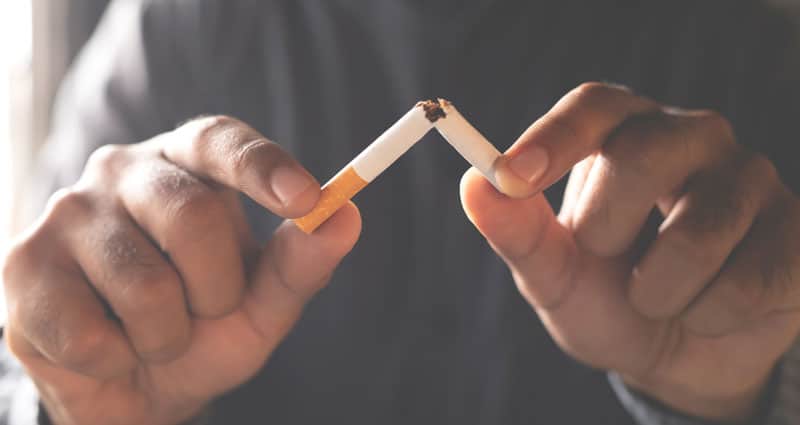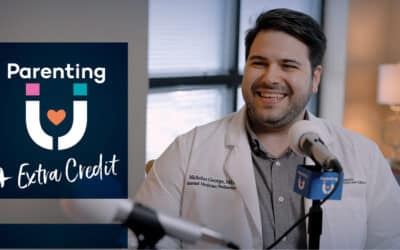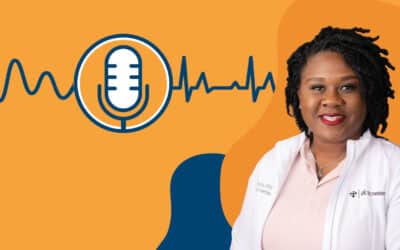As a teenager, Robert Gauthier thought smoking cigarettes was the cool thing to do. A native and resident of Lafayette, Robert saw that many of his friends were smokers, so he decided to join the crowd.
What he once thought harmless led to Robert smoking a pack of cigarettes per day, spending at least $40 a week for nearly 45 years. Repeatedly he tried to kick the habit but failed. It was a sudden cardiac episode in April of last year that got his attention.
“I had a mild heart attack,” says Robert, now 68. “I passed out at a ballpark and was hospitalized for several days. At that time, I was like, hey, it’s time to quit.”
While a patient at Our Lady of Lourdes Heart Hospital, Robert was introduced to the Tobacco Cessation Program. He realized help was needed to make immediate changes that would lead to a healthier, tobacco-free lifestyle.
“First, I started having meetings with the specialist who worked closely with me. Then, I began using the patches and Wellbutrin to help me taper off the cigarettes. Honestly, I did fall off the wagon a few times, but, eventually, I quit in a couple of months. I feel much, much better!”
Helping patients improve their health and achieve their goals of quitting are the most rewarding parts of the job for Clinical Nurse and Tobacco Cessation Specialist Richard LeBlanc.
“Many of our patients feel cigarettes control them. They feel as if they are always giving in to it and have the impression, they will be a smoker for life … and eventually die from it,” LeBlanc says. “So, to see them gain control and are finally free, that brings me joy.”
The Tobacco Cessation Program at Lourdes Heart Hospital is a research-based, formalized program that uses behavioral counseling sessions, nicotine replacement therapy and other helpful materials.
This approach was developed to eliminate a smoker’s fear of having to quit “cold turkey.” Plus, no group sessions are necessary. The certified tobacco cessation specialists meet with patients one-on-one every two weeks for nearly an hour to assess their progress and offer coping mechanisms to aid in their success.
“It’s not an overnight program; it’s a gradual tapering off,” says LeBlanc, who’s been with the program for nearly four years. “Many utilize their cigarettes to help deal with stress, anxiety, boredom or anything that occurs in their lives. We work with them to substitute cigarettes with healthy behavior — something they enjoy. We even role play so they are prepared in case they are in certain situations. We build trust with our patients, we listen. We ask them how things are going? What were your struggles? Why were you having problems? Why did you have a hard time?”
In addition, the program also uses the allotment method. Patients are allowed a certain number of cigarettes per day during morning, afternoon and evening time. Because cravings usually only last eight to 10 minutes, this process helps patients reduce the amount and frequency. During this time, if desired, participants are given nicotine replacement therapy that delivers some nicotine to the brain but not as much or as often as cigarettes.
“If they commit to this program, they will notice their health will improve. It’s not easy. It may take months, but they will get there,” LeBlanc says. “There are withdrawal symptoms, so they must be prepared. They must remain focused on being a non-smoker because nicotine is an addictive drug. We use behavior modification also to help them get off nicotine completely. That’s our goal.”
For Robert Gauthier, the cessation program has helped greatly.
“I still have cravings. But I just put it in my mind that I had to stop and that was pretty much it,” he says. “My advice to smokers would be to quit; it’s not good. There is no future in smoking. It’s a bad habit; you should stop.”
Many participants are referred to the program by a provider; however, you can self-refer if you are ready to quit. Costs are filed with most insurance companies, but a discount for self-pay participants is available.




